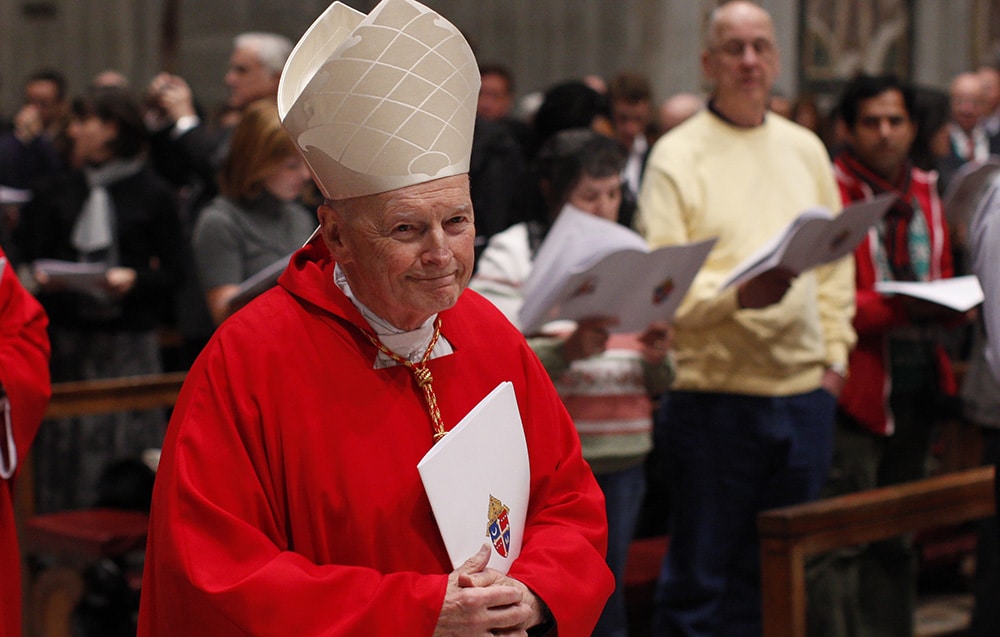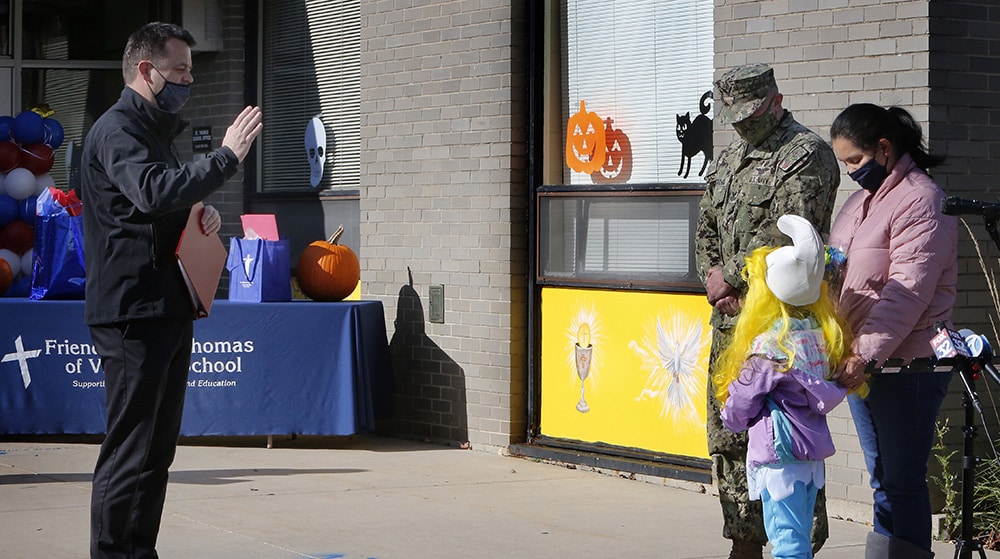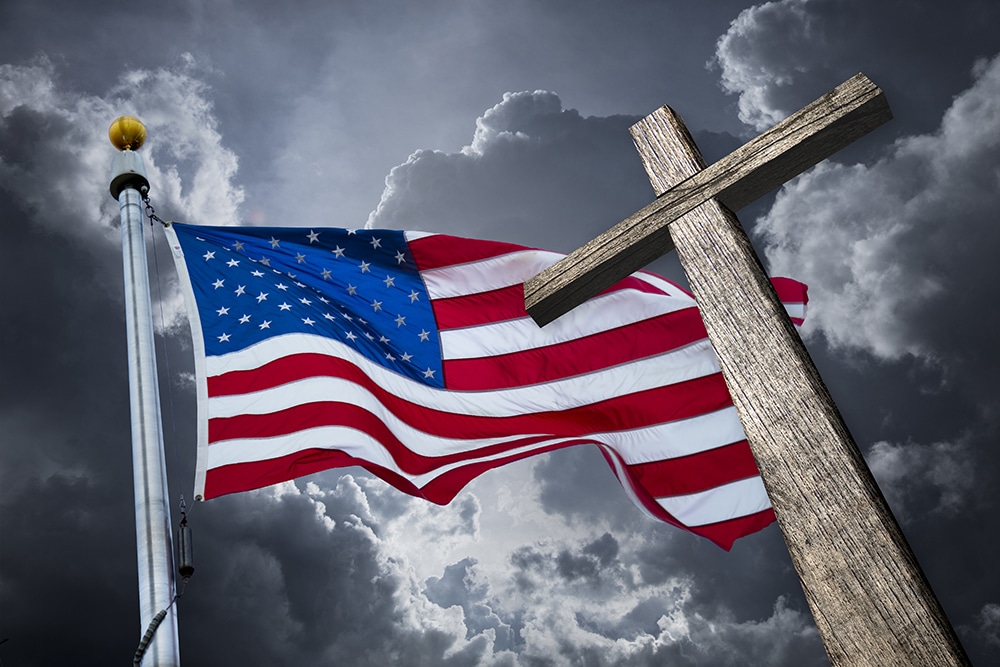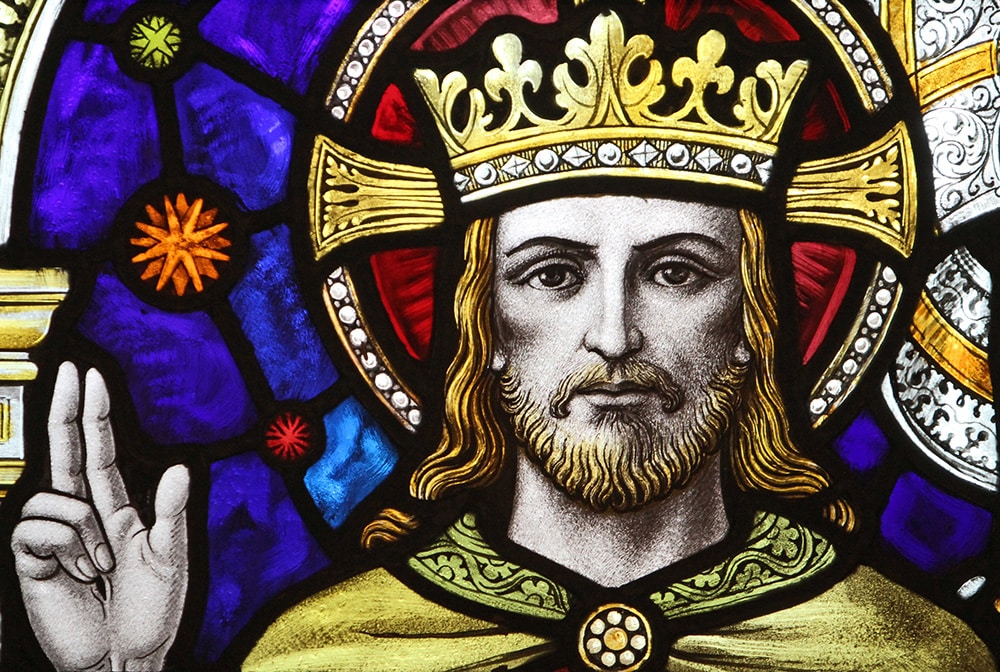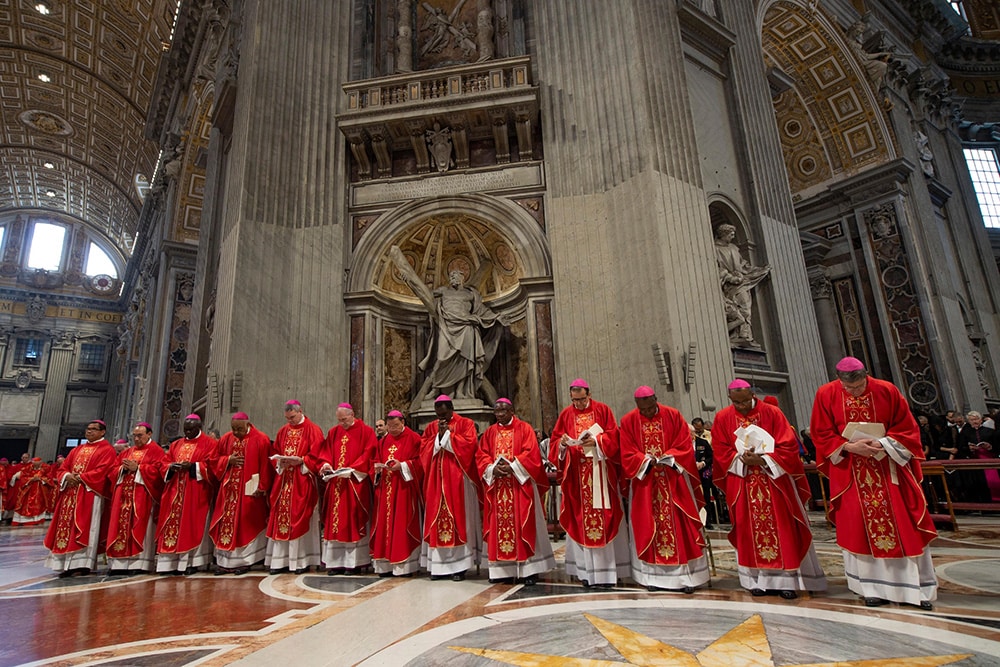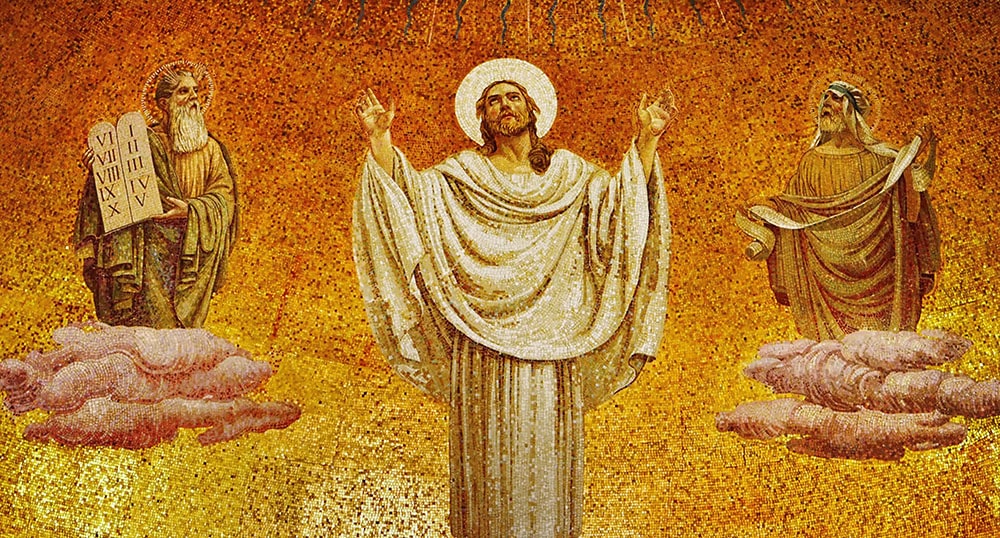A little more than two years after Pope Francis launched an investigation into the rise and fall of former cardinal Theodore McCarrick, the Vatican has released its full “Report on the Holy See’s Institutional Knowledge and Decision-Making Related to Former Cardinal Theodore Edgar McCarrick (1930-2017).” It was compiled, as Vatican Secretary of State Cardinal Pietro Parolin writes in the report, “in order to ascertain the relevant facts, placing them in their historical context and evaluating them objectively,” and it was published “for the good of the universal Church.”
The report was released on Tuesday morning, Nov. 10. As Tuesday is press day for the print edition of Our Sunday Visitor, and as the report is hundreds of pages long, this editorial is not a full analysis of its contents. Rather, upon release of the document, we offer the following comments and recommendations for its prospective readers. Deeper analyses, once the document has been thoroughly read and processed, will be available in subsequent print issues and on OSVNews.com.
First, it must be said that the release itself of the McCarrick report cannot help but be a positive step in terms of transparency and truth-telling on the part of the Roman Catholic Church. For many years, the Church has played defense on matters relating to the clergy sexual abuse scandal. At 450 pages long, and containing “over 90 witness interviews, each ranging in length from one to 30 hours,” the McCarrick report offers, if not a full-court press, at least a worthy accounting of the rise of power of McCarrick, who was most recently before his 2006 retirement the archbishop of Washington, D.C. We should be heartened that the report was compiled and released, and we pray that it may help bring about, in time, the healing and restoration of trust that the Church desperately needs.
Second, we encourage all to read the report in its entirety before drawing conclusions. The lengthy report, including its extensive citations, deserves proper evaluation and appropriate context. To digest and evaluate its contents properly will take time. Any search for a quick and obvious “smoking gun” will lead only to frustrations and inaccuracies.
Third, we recommend reading the report in a spirit of charity rather than suspicion. Its contents are messy, and the picture it paints of a longtime predator isn’t pretty. But a charitable consumption of the report enables us to understand better why individuals — especially Pope John Paul II — may have made the choices they did to advance McCarrick into positions of further power.
Fourth, do not depend only on secular news sources for analysis of the report. An executive summary of the report was given to journalists an hour before the entire report was released, and all immediate news reports were based on that summary. For some media outlets, that instant analysis based on a summary will be the extent of their coverage of the topic, and their conclusions may reflect inaccuracies or a lack of context. Instead, look to Catholic news and sources for information as the report is processed and analyzed and as the story continues to develop over time.
Fifth, know that this likely isn’t the end of the story. The report doesn’t answer every question about McCarrick, and there are threads left to follow and explore. As further investigation occurs, let’s pray for all affected, especially the victims of abuse.
Finally, sexual abuse — of minors and adults — is a horrendous crime from anyone, especially clergy in positions of power and influence. If you see or suspect anything that may lead you to believe that abuse may be occuring at the hands of a priest, bishop, cardinal or anyone else, make your fears known immediately to the authorities. We cannot do enough to ensure the safety and protection of the vulnerable.
The release of the McCarrick report is a significant undertaking and milestone for the Church. We fervently pray that its release will begin the healing so desperately needed by the universal and American Church, and that it will help restore faith in members of the hierarchy and the greater institutional church. As St. Paul reminds us, “all things work for good for those who love God.” May it be so.
Our Sunday Visitor Editorial Board: Gretchen R. Crowe, Scott P. Richert, Scott Warden, York Young

